

Forza Horizon marks a departure from the simulation-based racing that has defined Turn 10’s series since 2005. It’s in the hands of a new studio--UK-based Playground Games, comprised of devs from a variety of other arcade racers--and it shows. Horizon is much more about exploration and less about re-creating the realism of the racing experience. And while there are a few niggles under the hood, it’s a rich and vast racer that’s filled to the brim with lots of fun activities.
The game takes place in an open-world approximation of Colorado during the Horizon Festival, a massive music and car-centric event that could best be described as Coachella with way more speeding tickets. You start out as an Average Joe whose 1995 Volkswagen just barely ekes into the competition. That’s where one of Horizon’s weaker elements comes in--the storyline is rather cardboard cut-out and cheesy. When the woman who is the head of the event is first seen in Daisy Duke shorts and a tied-up shirt, it’s a moment of Velveeta-esque eye-rolling. Plus, other racers have used real-life events (MotorStorm’s brilliant aping of Burning Man, for example) with slightly classier poise.
Fortunately, it won’t be long before you’re thrust into a series of races, which Horizon cleverly utilizes a wristband system (just like access to concerts) to symbolize your progress in racing classes. In addition to your efforts to clear race milestones and acquire higher tiered bands, the game constantly tracks your every move throughout the game. With Horizon’s popularity system, your stats accumulate toward an overall ranking. From daredevil stunts to sideswipes on nearby cars to an overall top speed, there’s always something helping to build your popularity points, which allow you to unlock new challenges and rewards based on your numeric milestones. It’s an effective method of keeping you constantly engaged, whether it’s a failed race or the urge to explore Colorado.
And there’s plenty of Colorado to explore. While it’s not a map-accurate rendition, it’s gorgeously depicted. Horizon is a handsome game, and through subtle in-game challenges, such as races that force you to drive with minimal damage to take a photo in front of a natural landmark, you come to organically appreciate Playground’s detail and wonderful vistas. The game uses a fast-travel system that costs you credits, but it also forces you to do these photo challenges (for discounted cross-world warps) to soak in the wonder around those travel points. It’s a smart method for bridging the gap between exploration and efficient in-game travel.
Although you won’t be short of areas to explore and new items to unlock, you may not want to do it in every vehicle Forza Horizon throws at you. It’s a sound racing experience, but cars feel wonkier than in other arcade racers, especially in the beginning. The lower tiered vehicles lack a real sense of drift that you see in other genre staples, and it’s some time before you start to unlock better-handling cars. Speed challenges, which you acquire at fast travel points, let you bolt down long stretches of highway at a toe-curling 235 mph in a Bugatti Veyron. They’re a great teaser in the early sections. Those savory moments aside, you’ll have to pick your rides judiciously; at the worst, many races feel less about drifting skill and more about avoiding a “bumper car” feeling as you veer around curves.
Other core Forza staples, such as the green-to-red trackline and the rewind function, are here, and are just as invaluable to the action in this spin-off as in the Forza Motorsport games. There’s also a great deal of customization, including decals and vinyl, that you can incorporate. Forza Horizon even allows you to import some custom content from Forza 4 into this game. The level of social integration and sharing seen in the core Forza titles is intact in Horizon. The Kinect functionality, while optional, adds a great and intuitive dimension to the experience. As you race, you simply say “GPS” and a few prompts--your next wristband event, a specific race type, or directions back to the festival--and the game immediately redirects you. It’s not until you play without the voice recognition that you realize just how effectively it sidesteps menu fumbling and keeps the experience seamless. It’s a great bonus feature.
Multiplayer is a wholly separate component of Horizon. Not only does Horizon effectively integrate your friends’ data into your single-player experience with Rivals mode (in which you race ghost data through events you’ve cleared), but the multiplayer experience is quite good. It doesn’t hurt that content you discover in multiplayer, such as new roads (which the game tallies) carries over into your single-player campaign, as well.
Horizon’s online has a few fun takes on the experience, such as Cat & Mouse, in which the “mouse” car must reach the finish line while other teammates defend it from opponents trying to wreck it off the track. It’s intense stuff, and fun with a big group. Other events, such as King, a spin on king of the hill, are a little more chaotic. Once you’ve got the hang of the maps, King is fun, but initially, it’s very confusing to navigate. Overall, though, the multiplayer has lots to offer, and complements the incredibly long and hefty single-player experience, since you earn rewards in your online races that carry over.
Forza Horizon is a great departure from the core Forza Motorsport titles. If you’re blindly walking into the game without knowing that it’s less sim-driven and far more of a fun arcade racer with many of Forza’s trademark trappings--rewinds, color-coded tracking, and customization--you’re likely in for a rude awakening. It’s got its bumpy patches, but if you’re interested in playing a long, deep, and rewarding racer, Forza Horizon is a game worth putting in the mileage on.

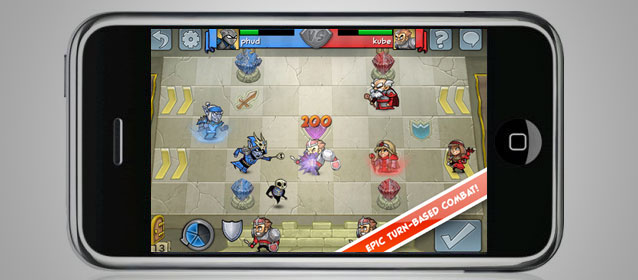
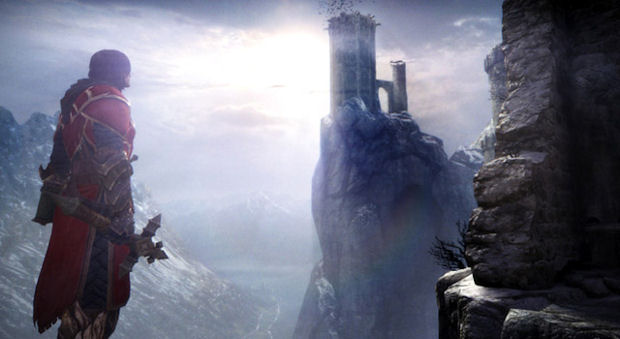

 ARK: Survival Evolved Wiki – Everything you need to know about the game .
ARK: Survival Evolved Wiki – Everything you need to know about the game .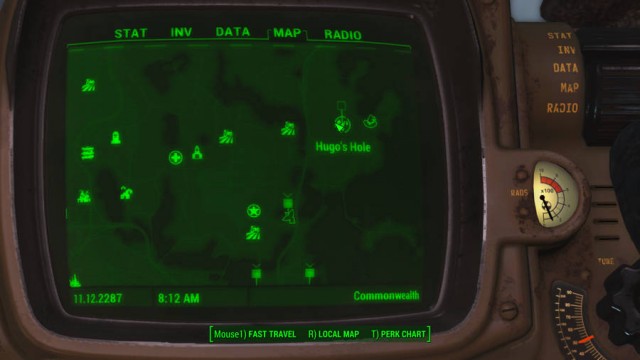 Fallout 4 Interactive Map Shows Location Of Enemy Resistance, Collectibles, Military Base, Hospitals & More
Fallout 4 Interactive Map Shows Location Of Enemy Resistance, Collectibles, Military Base, Hospitals & More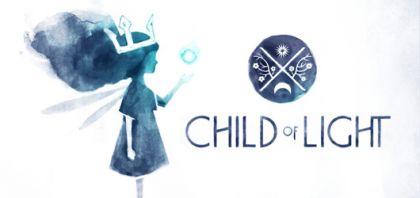 Child of Light: Fix for Offline issues, Corrupt Files, Random crashes, Texture and Sound issues and Steam overlay issue
Child of Light: Fix for Offline issues, Corrupt Files, Random crashes, Texture and Sound issues and Steam overlay issue Bloodborne: The Old Hunters - How to Get the Fist of Gratia
Bloodborne: The Old Hunters - How to Get the Fist of Gratia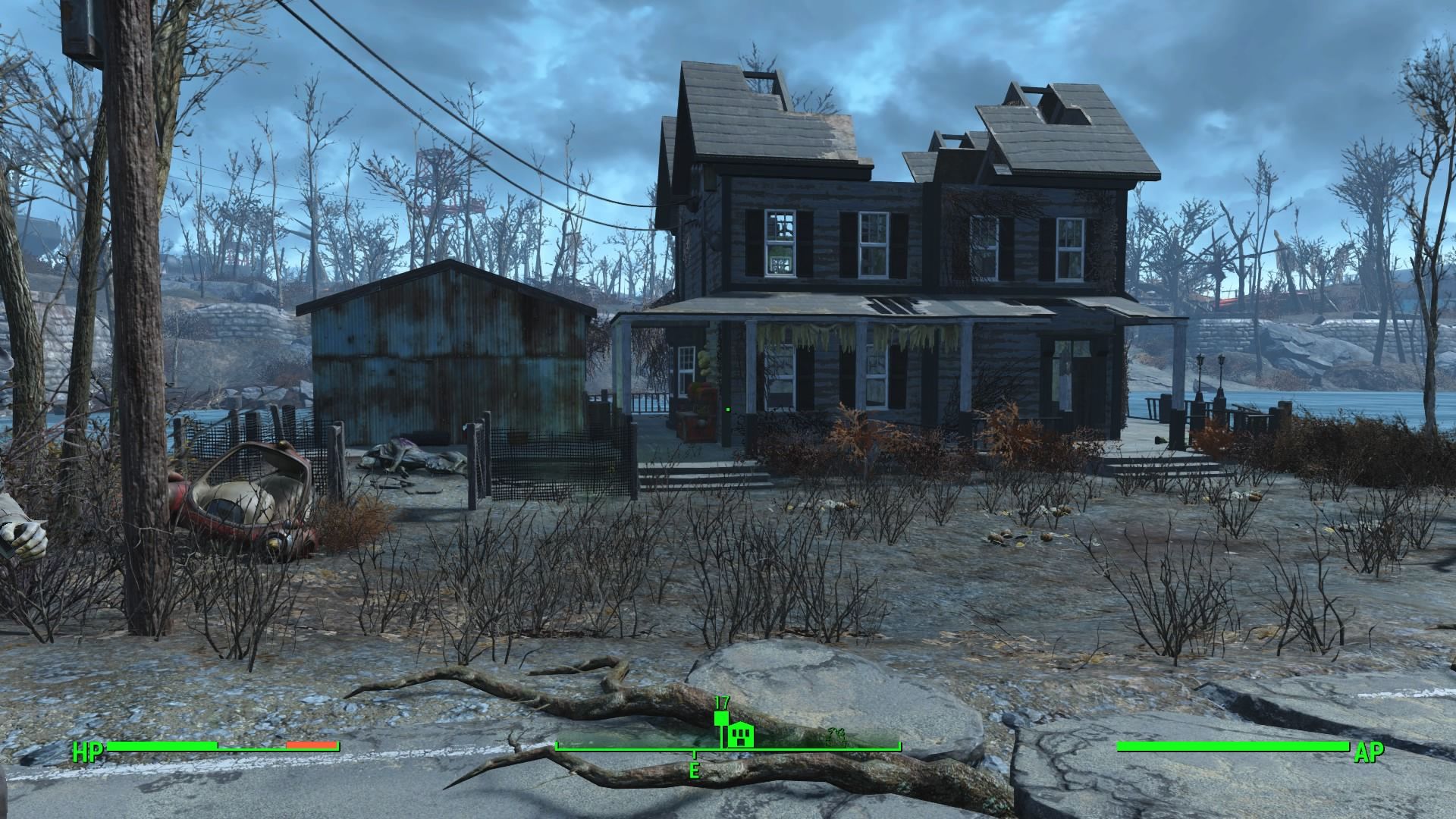 Fallout 4: Mercer Safehouse walkthrough
Fallout 4: Mercer Safehouse walkthrough